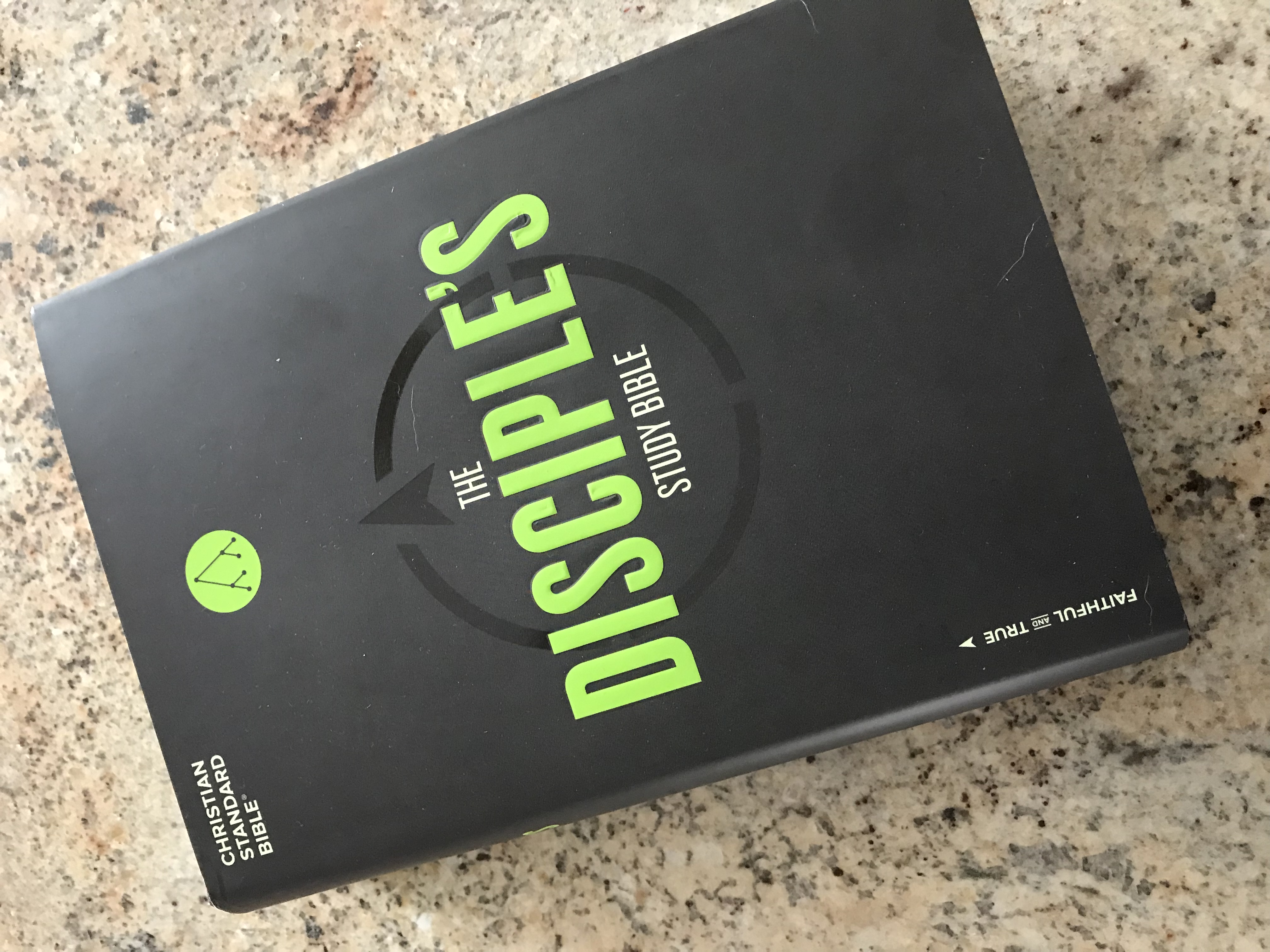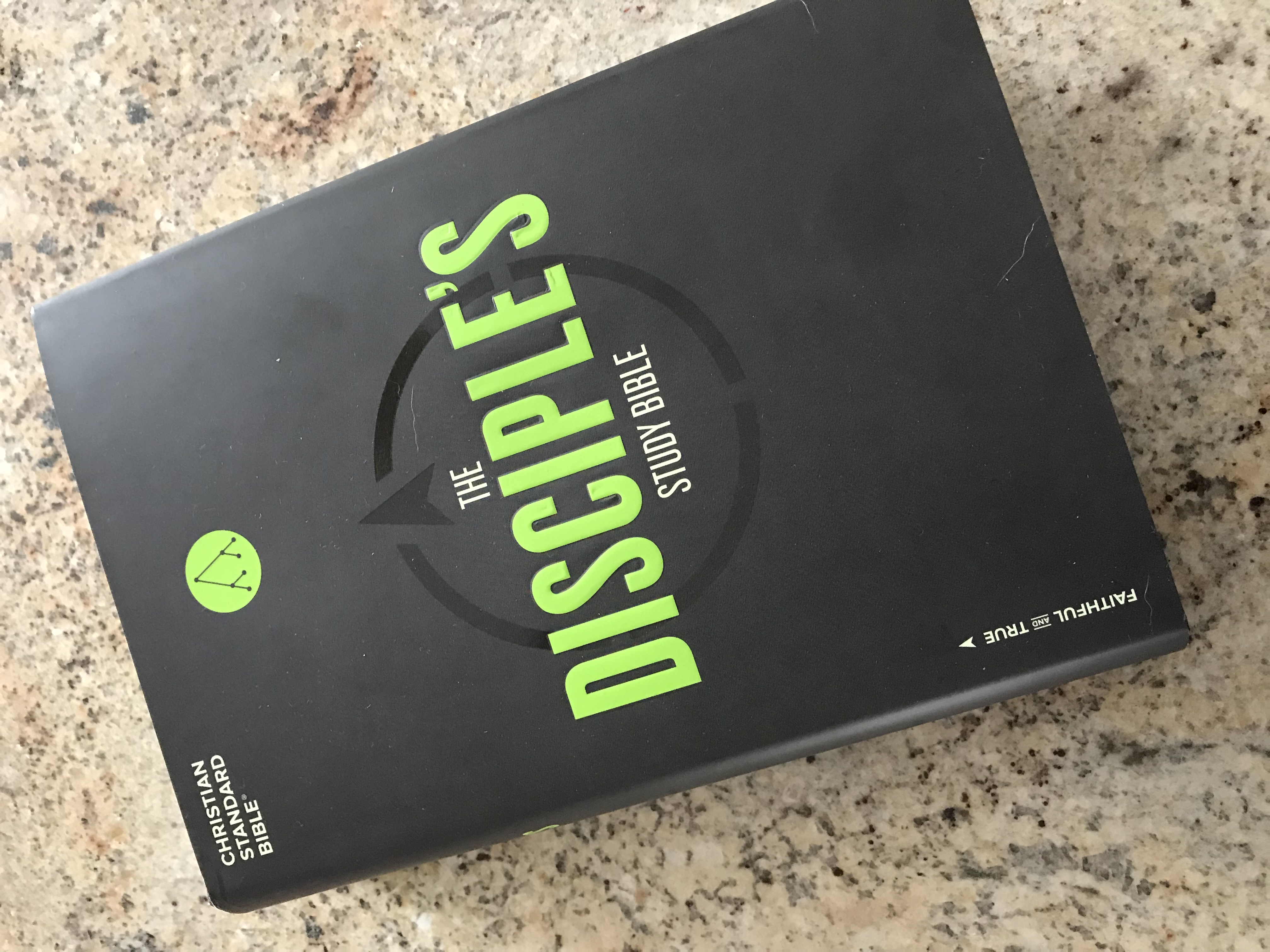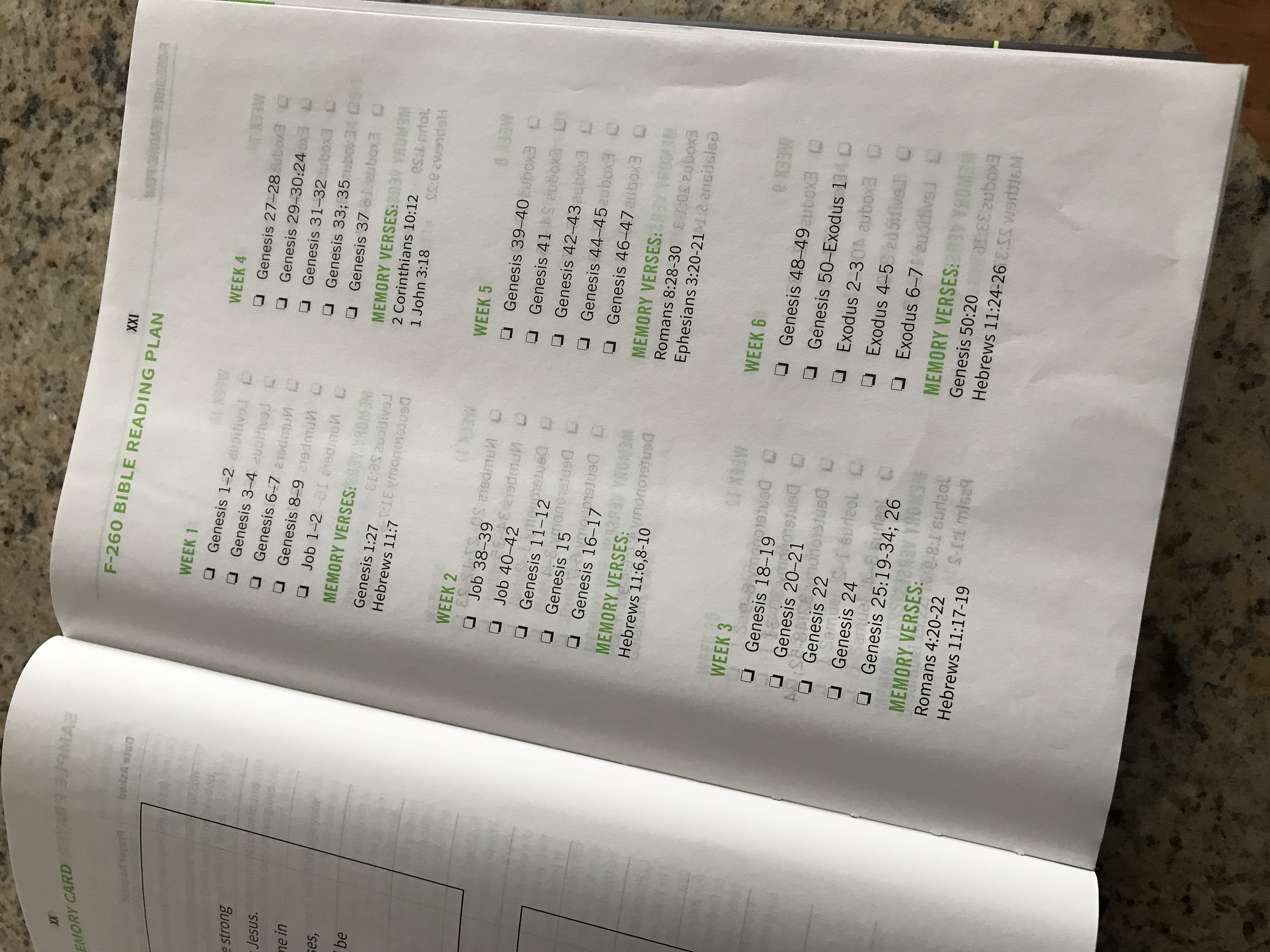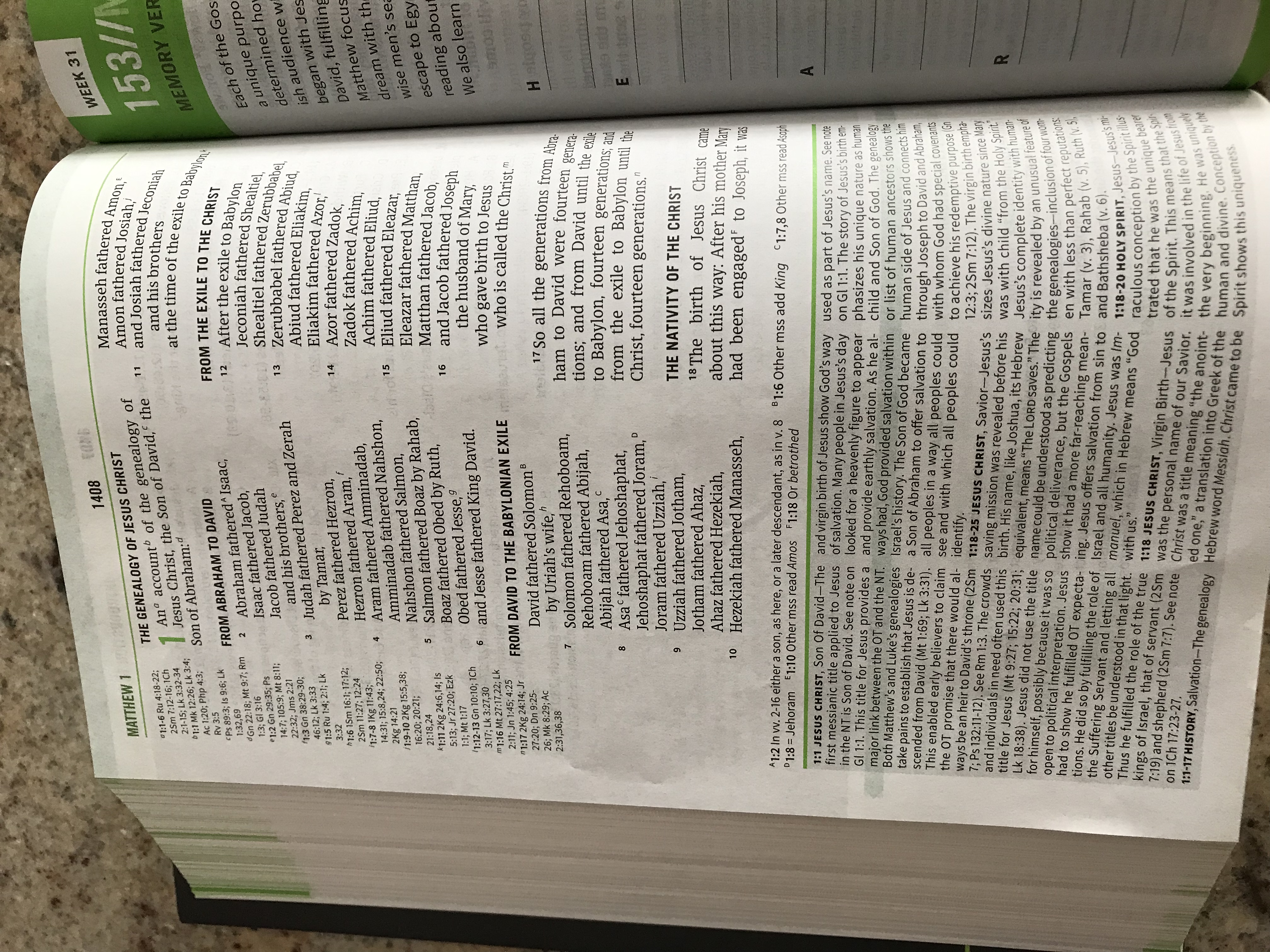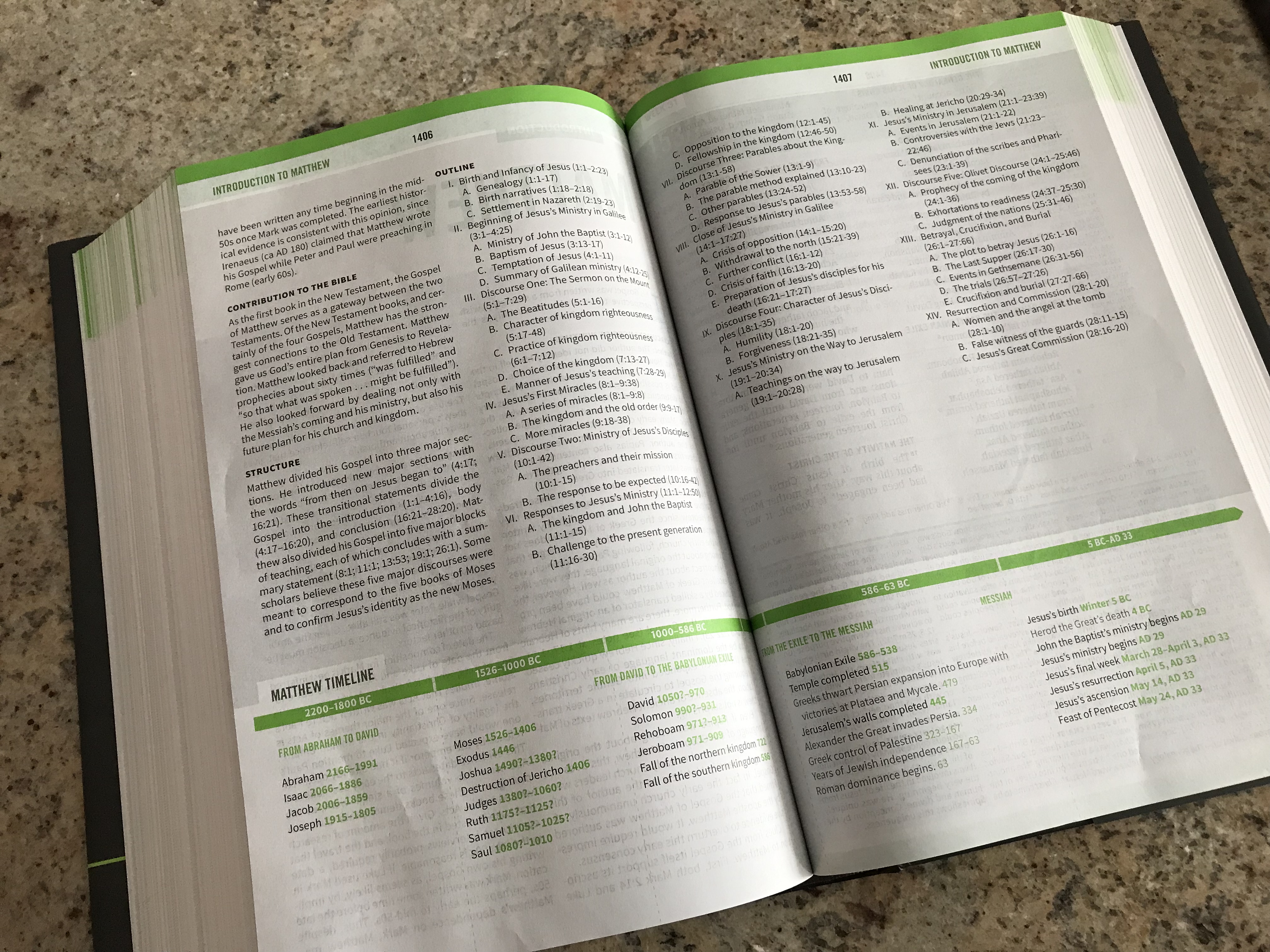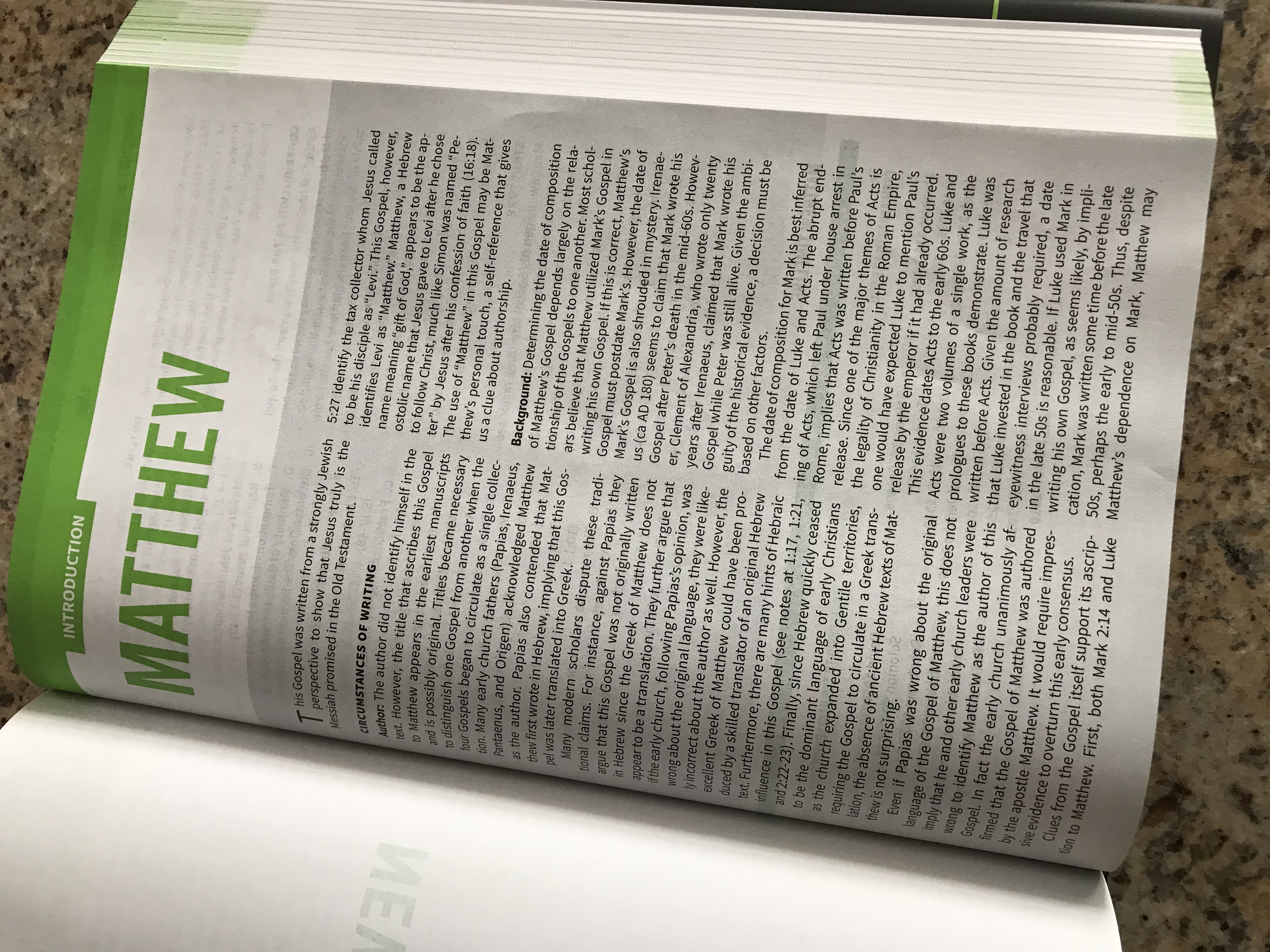
“And he said, ‘My presence will go with you, and I will give you rest.’ And he said to him, ‘If your presence will not go with me, do not bring us up from here.'”
Exodus 33:14-15 (ESV)
I was recently asked about the presence of God. In this passage in the book of Exodus, Moses is interceding on behalf of the people after their attempt at idolatry in fashioning the golden calf while Moses was on top of Mt. Sinai receiving the Ten Commandments and instructions for the Tabernacle. God initially tells Moses that while He isn’t going to go on with the people, He will send the angel of the Lord. After Moses’ intercession the Lord then promises His presence. Moses makes an emphatic statement in verse 35, “If your presence will not go with me, do not bring us up from here.” Moses had been able to experience first-hand as much of God’s glory, power, and presence as anyone else to that point. After experiencing God in that way, he was so convinced the future of the people of Israel absolutely depended upon having God’s presence with them. In fact, Moses says to the Lord, in essence, if He doesn’t go with them they don’t want to go.
In the Old Testament the presence of God was mediated through the Tabernacle and the priestly system. The redemptive work of Christ through His death, burial, and resurrection breaks down the divide between God and man, allowing us to experience the presence of God personally. Paul expresses the necessity of the presence of God this way, He says in Romans 8:9 “You, however, are not in the flesh but in the Spirit, if in fact the Spirit of God dwells in you. Anyone who does not have the Spirit of Christ-does not belong to him.”
What an amazing prospect-the Spirit of the Living God, in dwelling us. Would that not have the opportunity to change our hearts, our attitudes, our lives? How would our lives look different were we to shift our decision making solely based upon the flesh-but upon the presence of God? God if you are here, I don’t want to move from this spot! God, you’ve pointed the way to the Promised Land, but if you don’t go with us don’t make us go!
Steps to Finding the Presence of God. You might say, that’s great, but where do I start?Might I offer a few suggestions:
1. Stop – In our culture we are notoriously busy. We have so many activities and schedules upon schedules. Some of the most downloaded apps for our smartphones are all related to helping us schedule and create to-do lists to organize our busy and hectic lives. In fact I’ve even caught myself scrolling through my phone at a stoplight-as if a 30 second stoplight is too long to just sit there! The first step many of us will have to take is to stop long enough to discern the presence of God. Turn off the phone, the tv and the screens for just a minute.
2. Look – We must also take the step of looking for God’s presence. It’s not enough just to look, but to look in the right direction. During this stage in my life I encounter the public on a daily basis who walk into my furniture store looking for something. It might be a new sofa for the living room or a new mattress because the old one is worn out. As big as our store is every now and then I get people looking for something we don’t have: lawnmowers, paint, doors and windows, appliances, tv’s, you name it, I’ve been asked about it. In speaking of the presence of God are you looking in the right direction? Have you sought out a Bible-believing church? In the United States you might have to look hard in some places, but you don’t have to look that far. Getting together with God’s people is essential to experiencing God’s presence. Jesus said as much in Matthew 18:20, “For where two or three are gathered in my name, there am I among them.” Are you spending time reading the Bible? If you struggle reading the Bible I would encourage you to start today. Get a translation you can understand. If you can’t read, listen to the Bible. It’s absolutely fundamental. To go a little deeper here, I’ve written on this topic, “How to Read the Bible Book by Book.”
3. Listen – When we stop in the midst of our busyness, when we start looking in the right direction, then we get ourselves in the position of hearing from God. Don’t make a mistake here. I’m not saying the presence of God is something that we can work-up. He is not bound by a step-by-step formula. I do believe, however, that when we place ourselves in position we will hear Him when He speaks through His Word, by His Spirit, and through Godly counsel He places in our lives. When we surrender our lives and our will to Him. When we allow Him to renew our minds and our spirit we can start down the road of experiencing the presence of God.







